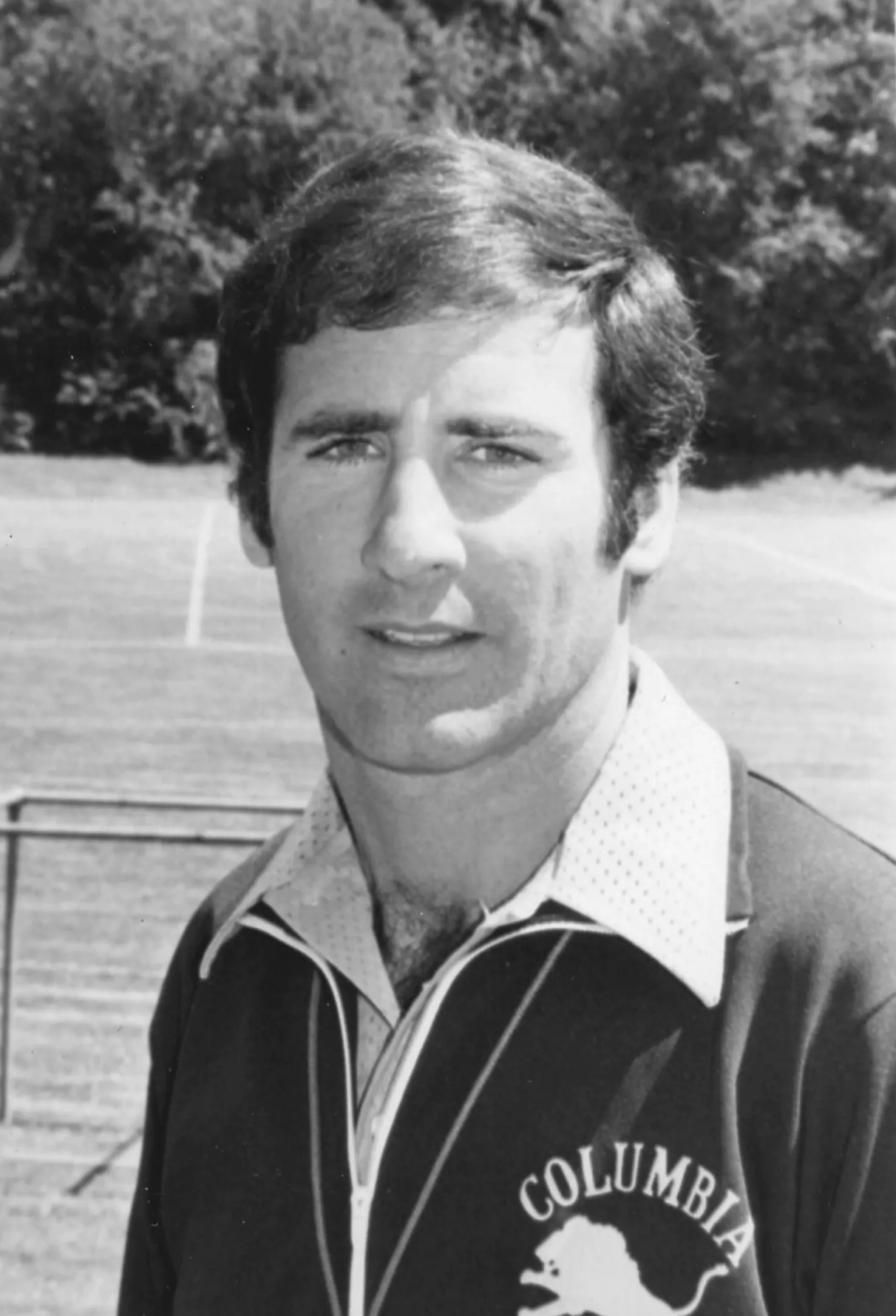Breaking Through the Pain Barrier: How Executive Coaching Can Help Executives Achieve Their Goals

As executives, we all know that with great power comes great responsibility. It can be an incredibly rewarding experience, but it can also be a lonely and stressful one. With so much on the line, the pressure can be overwhelming. From managing complex projects to dealing with difficult stakeholders, it can be challenging to navigate through it all. This is where executive coaching comes in.
Executive coaching has gained significant popularity over the years, and for good reason. According to a study conducted by the International Coach Federation (ICF), 86% of companies that invested in coaching saw a positive return on investment, with an average return of 7 times their initial investment. The same study also found that 70% of individuals who received coaching reported improved work performance, while 80% reported improved self-confidence and satisfaction.
These statistics highlight the immense benefits of executive coaching for both individuals and businesses. In today's fast-paced and constantly evolving business landscape, executives need to continuously develop and refine their leadership skills to keep up. Executive coaching provides a personalized and structured approach to developing these skills, resulting in better business outcomes, improved individual satisfaction, and professional development.
One of the greatest examples: Bill Campbell
One of the most notable examples of the transformative power of executive coaching comes from Bill Campbell. He was known as the "Coach of Silicon Valley," a renowned executive coach who mentored some of the most successful leaders in the tech industry, including Steve Jobs, Larry Page, and Jeff Bezos. Campbell helped these leaders achieve their goals by providing guidance and support in times of need.
His coaching style focused on building relationships, providing honest feedback, and promoting teamwork. He believed that success in business was not just about the individual, but also about the team and the company as a whole.

In an interview with Harvard Business Review, Campbell explained his philosophy on coaching: "Coaching really is an individual thing. You have to go in and understand the individual and what they need to work on, what they're good at, what they're not so good at, what they're passionate about, and what their role is within the company."
This personalized approach is a cornerstone of executive coaching. Every individual has unique strengths, weaknesses, and goals, and coaching helps them to identify and leverage these qualities for better outcomes.
As an executive coach and at the same time also working on executive level myself, I understand the pain that executives go through. Dealing with difficult stakeholders, managing complex priorities and delivery, and navigating through organizational change, while being accountable for bringing business results. I have seen the toll this can take on executive's mental health, their relationships, and their overall well-being. I believe the downside of this high-pressure roles is not necessary if we only have tools and knowledge that can support us and grow our resilience. This is why I am passionate about helping executives break through the pain barrier and achieve their goals.
Some examples of their pain that executives can experience:
- Burnout - Executives often work long hours and are under constant pressure to perform. This can lead to burnout, which can have a negative impact on their mental and physical health.
- Difficult Stakeholders - Managing difficult stakeholders can be incredibly challenging. They need to balance competing interests and maintain positive relationships.
- Organizational Change - Change is never easy, but it can be especially difficult for executives who are responsible for leading their teams through it. It can be stressful to navigate through uncertainty and maintain team morale.
As an experienced consultant and coach, I have seen firsthand the transformative power of coaching for executives. I know from my own experience that having a coach or mentor can make all the difference in achieving your goals and reaching your full potential.
In fact, I have had coaches and mentors throughout my entire life, and I can say with confidence that the experience has been invaluable. It's like having a shortcut to success - I could either spend 10,000 hours trying to become excellent on my own, or I could hire a coach who could get me there 1000x faster. And the results have been nothing short of profound.
Sometimes the change happened overnight, and other times it took years of consistent effort and dedication. But in both cases, having a coach who could guide and support me through the process made all the difference. And as an executive coach myself, I have seen the same transformation happen time and time again with my clients.